Description
The legendary first visit to Japan in 1975 and the return in 1976 with the masterpiece “A Night at the Opera”. This radio album will give you the scent of that time. This work contains five broadcast recordings. It compiles “three types from 1975 + two types from 1976”, and features fresh interviews with the four members while playing QUEEN songs. The 1975 version was very well received in “INTERVIEWS IN JAPAN 1975”, but this work is an expanded edition that adds the 1976 version. Let’s introduce each broadcast. [Three programs reporting on the legendary first visit to Japan (1975)] Radio message (about 15 seconds) with unknown recording/broadcast date Currently, new masterpieces such as “BUDOKAN 1975 1ST NIGHT” from the first day’s performance and “BUDOKAN 1976 3RD NIGHT” from the second visit to Japan are hot topics, but this work is the first public master that the same recording artist had kept secret. You can enjoy the broadcasts that have been known for a long time with the highest quality ever. Moreover, it’s not just the quality that no one has heard before. At the beginning, there is also a radio voice that has never been heard before. Although this is only a dozen seconds, Freddie’s Japanese is also a treasure that is fresh. It’s short, so let’s write out the contents. “To all of you at Nippon Broadcasting System, Oh This is Freddie Mercury, Hi! My Japanese Friends. We, Queen looking for track concerts in Japan. We hope you will enjoy our concerts. Please anticipate” “Young Kodama” (about 33 minutes), broadcast on April 26, 1975. The next episode is the highlight of this work. “Young Kodama” was a request program broadcast by a certain broadcasting association in the 1970s. Along with “Young Jockey,” it was the predecessor of “Sound Street.” When QUEEN first came to Japan, a certain DJ who was also familiar with LED ZEPPELIN served as the personality and played songs and interviews with the four members. First, before the members appear, the DJ talks about QUEEN’s popularity, and from here on, you can feel the strong sense of the era. The certain DJ is also at a loss for words, saying, “They were just incredibly popular, and I was running around saying they were popular, but I didn’t think they would become this popular…” When he went to the hotel for the interview, he was overwhelmed by the Western music girls who crowded around him, and he said, “Shibuya-san! If you’re going to interview me now, you have to meet me (the band)!! I was very surprised when the girls came and pressed me.” Particularly interesting is the episode from the Nagoya concert (the interview was on April 20th, but the program recording in the studio seems to have been later). “At the Nagoya concert, we played a very loud performance, and 30 girls fainted, and two pieces of underwear were left on the ground, and shoes were scattered everywhere. It was a big fuss,” he said. The content is amazing, but it’s also funny that he was so specific about “two pieces of underwear.” And above all, the tone of a certain DJ’s voice shows the magnitude of the shock. Then, the interview is held between songs. Of course, there is an interpreter, so you can understand the content perfectly. There are many topics that seem to be related to his first visit to Japan, such as the fuss at the airport to welcome him, but other than that, the mood of that time overflows from everywhere. For example, he starts off by saying, “I want to ask vocalist Freddie Mercury,” and when the members answer, “I like Plant and Bonzo,” the DJ grins, and while he asks Brian and Roger about music, he only talks about Freddie’s costumes, and Roger is harsh on disco music. For those of us who have a strong image of them after that, the gap between them is interesting. Also, the part about Brian’s “Red Special” is fresh. Brian says, “It took about two years to finish it carefully. I don’t think you can tell the difference from the guitar I bought,” but at the time, “It’s the same as the guitar I bought” was a compliment. He talks from the perspective of, “It’s homemade, but it’s not shabby!” The last question is, “Do you have any ideas for your next album yet?” and that “next album” is “A Night at the Opera.” Just thinking about it makes the interview seem like it’s being crushed by the weight of history. The third recording is the legendary TV program “Star One Thousand and One Nights” (about 10 minutes) broadcast on April 28, 1975. It is only audio, but it is a talk with the four of them in the station studio. The voice of the late Shinichi Ogishima is nostalgic, but it is also refreshing to see them treated as “foreigners popular with young people”. From the beginning, he stammers, “Tonight, we have invited the members of QUEEN, who are said to be the most popular among young Japanese rock fans… well, the noblemen of rock, the noblemen of rock, and the second Beatles.” The questions are also very standard, such as favorite foods and impressions of Japanese fans, and it seems like they are at a loss as to what to do with overseas bands. The story about the “Red Special” is also interesting here. When asked, “Is the insurance 1 million yen?” he replies, “I couldn’t get insurance,” but at this point, Ogishima blurts out, “I read in a Japanese magazine that…” From the tone of his voice, it is clear that Ogishima himself is not interested in QUEEN, but it is also nice to see how serious he is, having studied up on the band beforehand and approaching the interview. [Two programs from the revisit to Japan during the Nights at the Opera era (1976)] “Young Kodama” (about 11 minutes) aired on April 3, 1976. He also appeared on “Young Kodama” when he revisited Japan the following year in 1976. However, the DJ in this program is Ken○ Onuki. He asks the members questions such as “What is the reason for their popularity?”, “Which band are their rivals?”, and “Do you know ANGEL?” (You can enjoy listening to the answers), but the DJ, Mr. Onuki, may be even more entertaining. It seems that this is his first time hosting a program, and he is strangely nervous. Every comment is halting, and the progress is awkward. It is painful to listen to, but the most painful is the joke that even involves QUEEN. He asks the members, “Do you know Ken○ Onuki?” and gets them to answer, “Oh, of course!” In response to that… “I really didn’t think they knew. I thought my name must have appeared in the newspaper or something over there. It’s really embarrassing to say this myself, but I wondered if I was famous. Well, I guess it can’t be helped if a complete stranger says something like that. Eh, hehehe” (happily embarrassed, a little shy) At the time, Mr. O○ was 25 years old. If he listened to it now, he might not want to admit the mistakes of his youth. “American Top 40” broadcast on April 10, 1976 (about 5 minutes) The last recording is “American Top 40”, which was also the Japanese version of the American countdown program. The DJ here is interesting as well. Mr. Chappie, who would become known as a fan of BAY CITY ROLLERS, is in charge, but it seems that he lost the interview tape of QUEEN the previous week and couldn’t broadcast it. He seemed to be quite panicked, saying, “After I lost the tape, I was on the throne at the Hotel Pacific almost every day, chasing after QUEEN with my Densuke (!).” However, the tape was found safely. You can hear the interview in real voice. The questions are as usual trivial as usual, but what’s interesting is that Freddie is known for having a Japanese garden at home, and he reveals an episode of buying antique furniture at this time. And at the end, the recording ends with Chappie’s voice saying, “So, after QUEEN, we’re moving on to BAY CITY ROLLER…”, and his voice sounds strangely happy. Thinking about it, 1976 was the year that BAY CITY ROLLERS first came to Japan, and this broadcast was six months before the release of “Melody for Youth”. The fragrance of that time wafts from every corner of this record. That’s it, a 59-minute 34-second historical documentary. If live albums such as “BUDOKAN 1975 1ST NIGHT” and “BUDOKAN 1976 3RD NIGHT” are vacuum-packed concert venues, this work is a record that contains the private rooms of Western music fans. 1975 was the first visit to Japan, which was an event in the history of Japanese Western music, and 1976 was when they had already become a big star, while the aftereffects of that visit were still lingering. This is a time machine album that exudes the scent of that era from the speakers. This is a radio album that compiles Japanese programs that were broadcast during their legendary first visit to Japan (1975) and second visit (1976). It compiles “3 types from 1975 + 2 types from 1976”, and it is a masterpiece of a documentary album that exudes the scent of “Western music in 1975 / 1976” from the speakers, including the members and program DJs who are surprised by the explosive popularity of Japanese people, Freddie’s fresh Japanese, and a very rare message. The taper of the historic masterpieces “BUDOKAN 1975 1ST NIGHT” and “BUDOKAN 1976 3RD NIGHT” recorded them himself at the time and digitized them directly from the tape collection that he has carefully stored until now (both 75 and 76).A collection of various Queen interview tracks recorded and aired in Spring 1975 & 1976 (59:34) TOKYO 1975 1. Freddie Mercury’s Radio Message to Japanese fans sWAKAI KODAMA (Young Echoes) Radio Special feat. exclusive Interviews in Japan Recorded on 20th April 1975 (recorded the day after the Tokyo show)Aired on 26th April 1975 NHK Radio 1 (AM) “Young Echoes” DJ: Yoichi Shibu○ Broadcast on Saturday, 4/26 2. Introduction 3. Keep Yourself Alive 4. DJ #1 5. Interview #1 6. Modern Times Rock ‘n’ Roll 7. Son & Daughter 8. Interview #2 9. Stone Cold Crazy 10. DJ #2 11. Interview #3 12. Killer Queen 13. Interview #4 14. Misfire STAR SEN-ICHIYA (Star in One Thousand and One Nights) TV Programme feat. exclusive Interviews in Japan Recorded on 20th April 1975 (Apparently recorded the day after the Tokyo performance) Aired on 28th April 1975 The host was the late Ogishima Shinichi and the interpretation was superb. Broadcast on Monday, 4/28 15. Introduction 16. Son & Daughter 17. Interview TOKYO 1976WAKAI KODAMA (Young Echoes) Radio Special feat. exclusive Interviews in Japan Broadcast on NHK Radio 1 (AM) “Young Kodama,” with DJ Dai○ Kensho Broadcast on Saturday, 4/3 18. Interview 19. DJ Talks 20. Interview 21. ’39 / Sweet Lady 22. DJ Talks “The Queen were really nice people. They had quite the dignity of being stars, and yet they weren’t annoying at all. I was reminded once again that they were the kind of people who deserved to make the girls work so hard and get excited…” AMERICAN TOP 40 ★Very interesting content. Radio Kanto (now Radio Nippon), “US Top 40” DJ Yamazaki Sayuri (Chappie) Radio Special feat. exclusive Interviews recorded on 30th March 1976 Aired on 10th April 1976 (The interview tape was lost during last week’s broadcast, so it could not be aired. It was later found, so the interview special will be aired a week late.) 23. Introduction (Brighton Rock) 24. Interview 25. DJ Talks (Killer Queen)
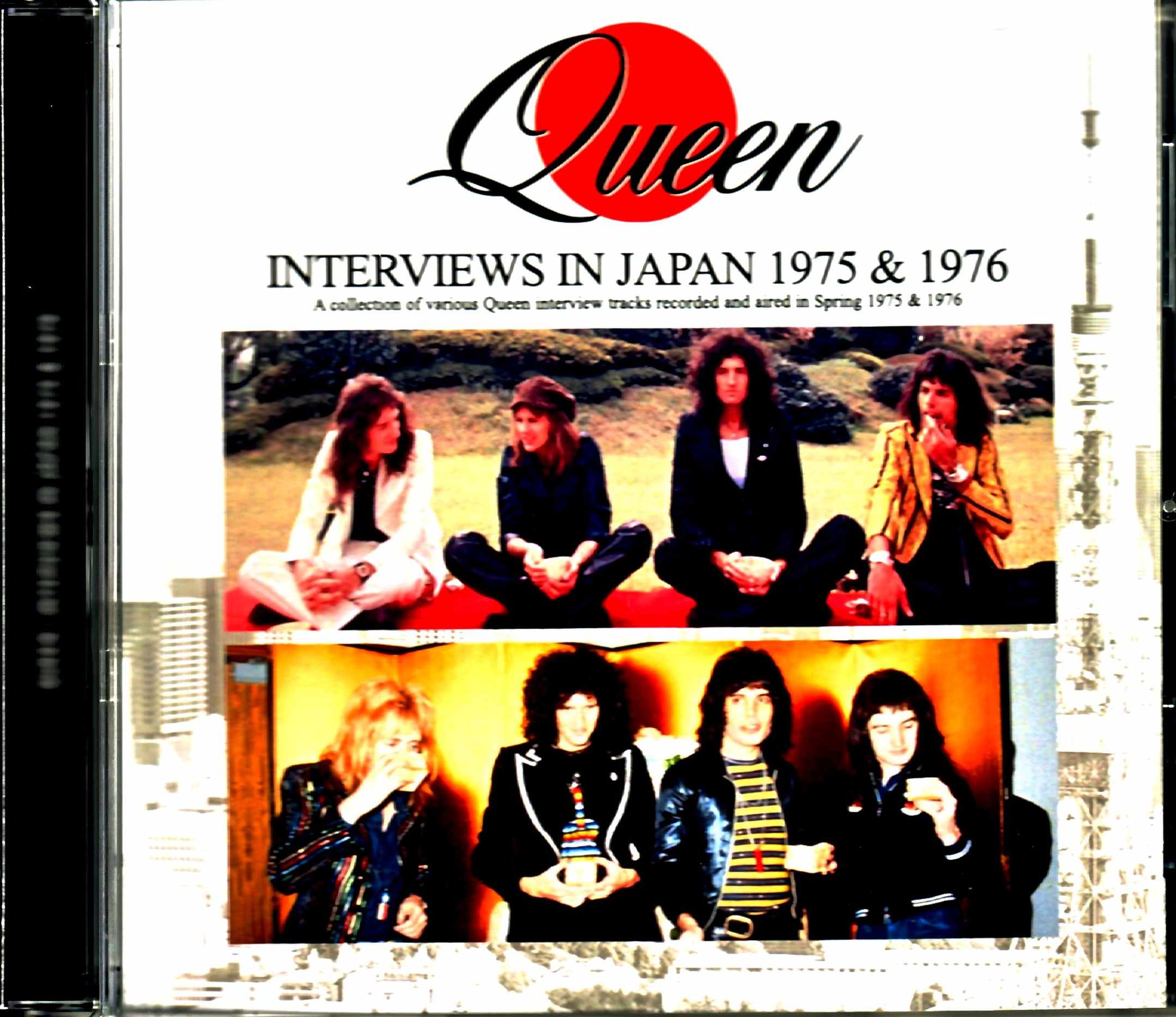
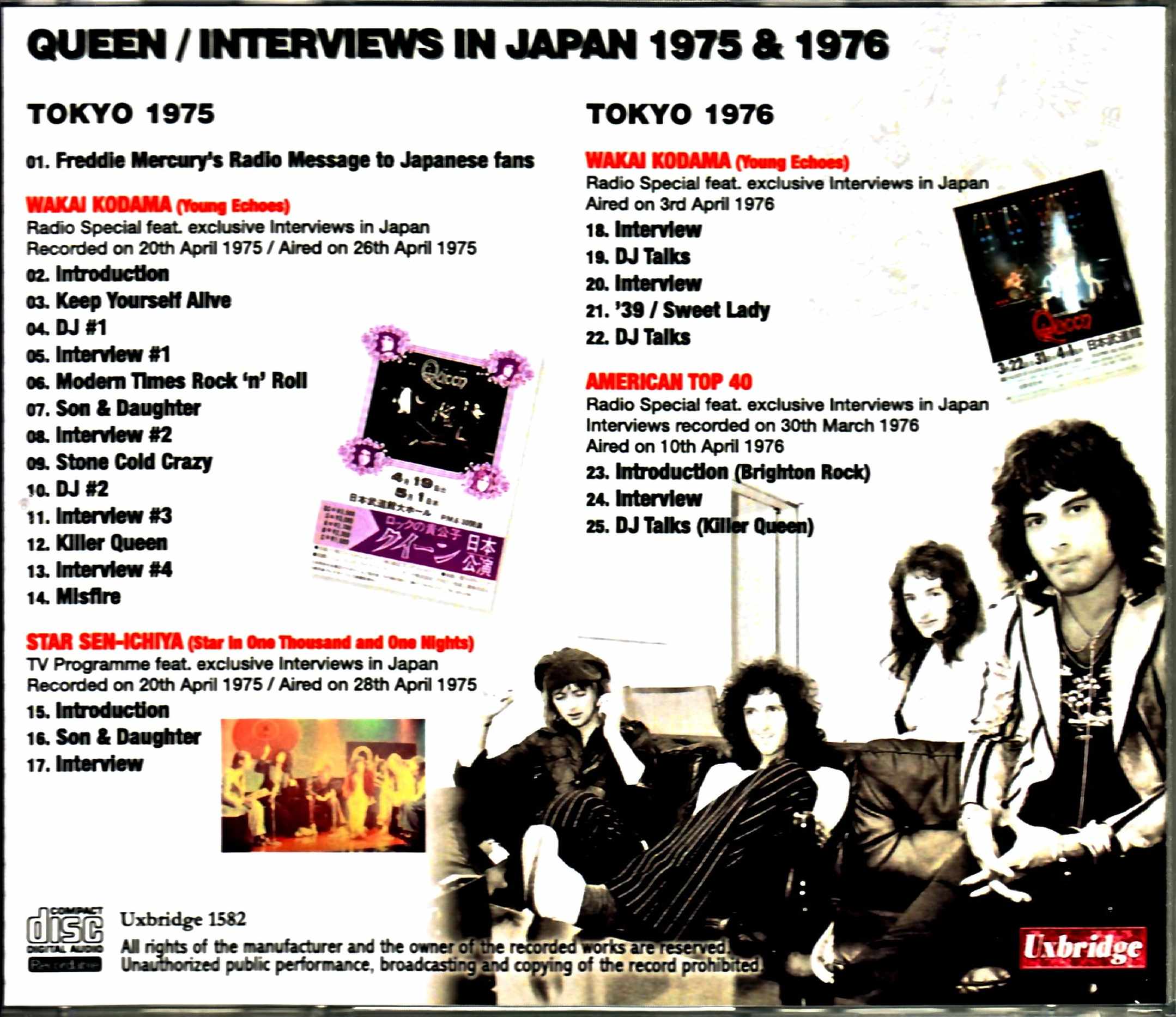

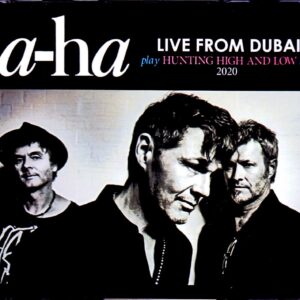
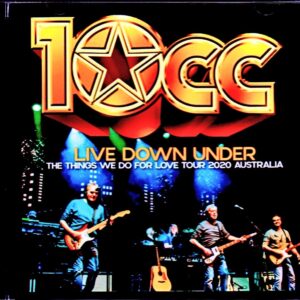
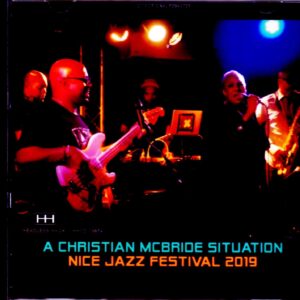
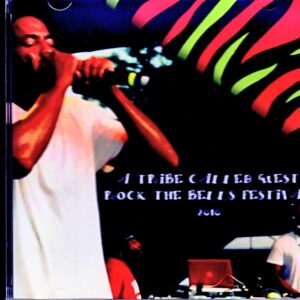
Reviews
There are no reviews yet.